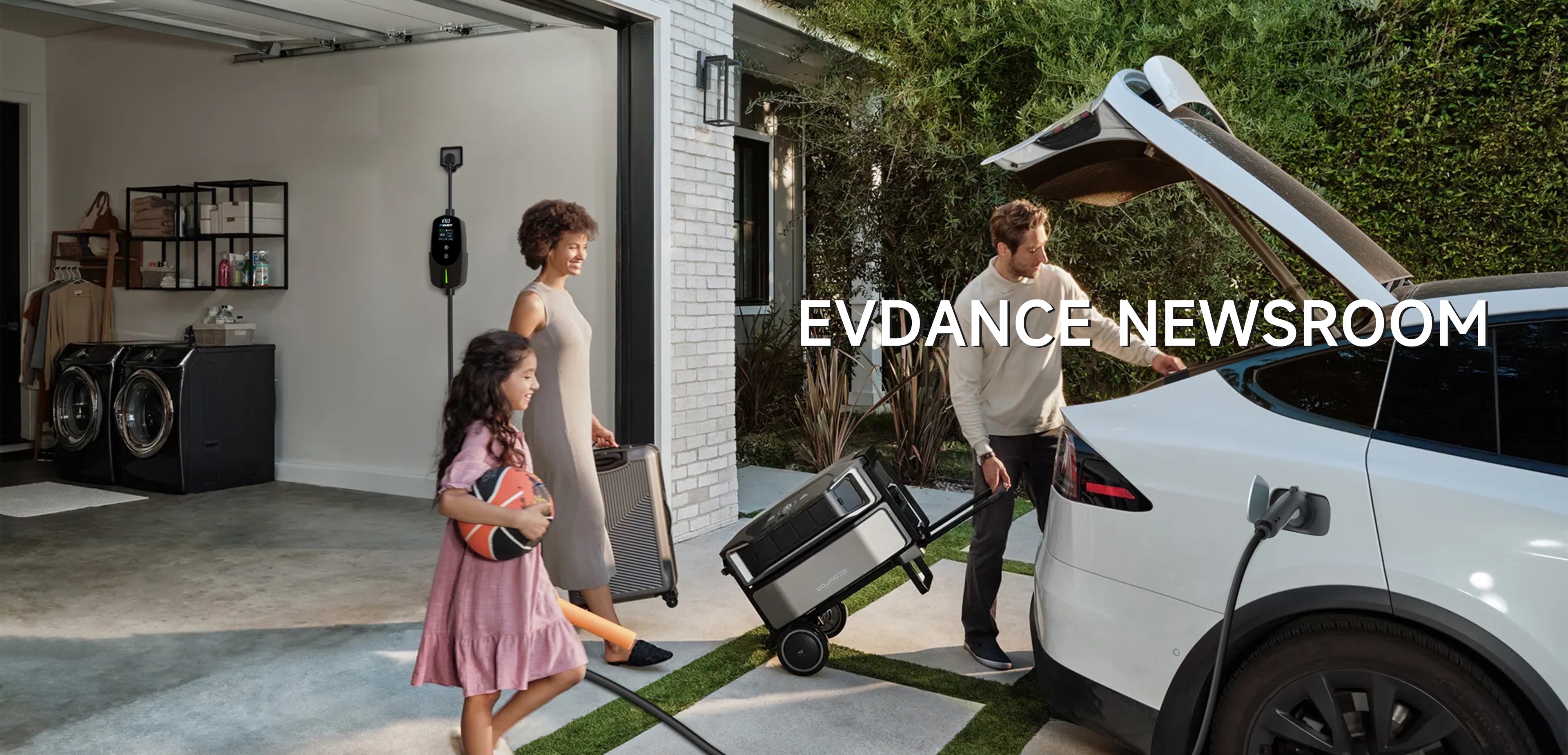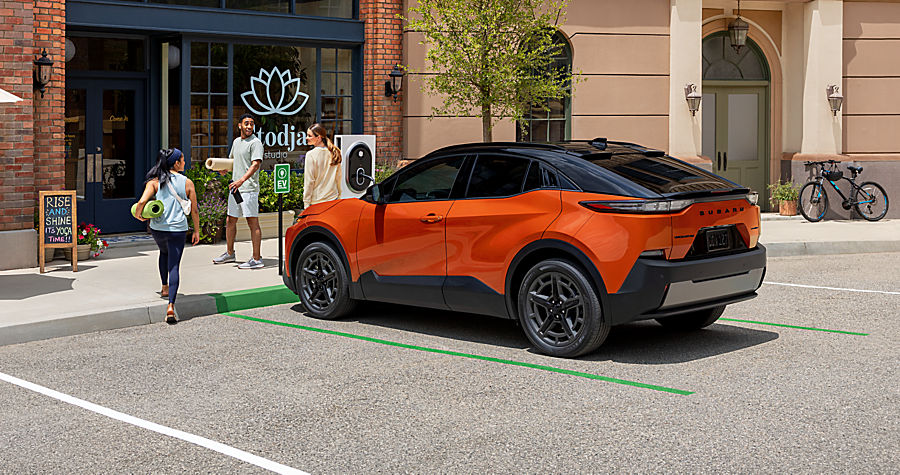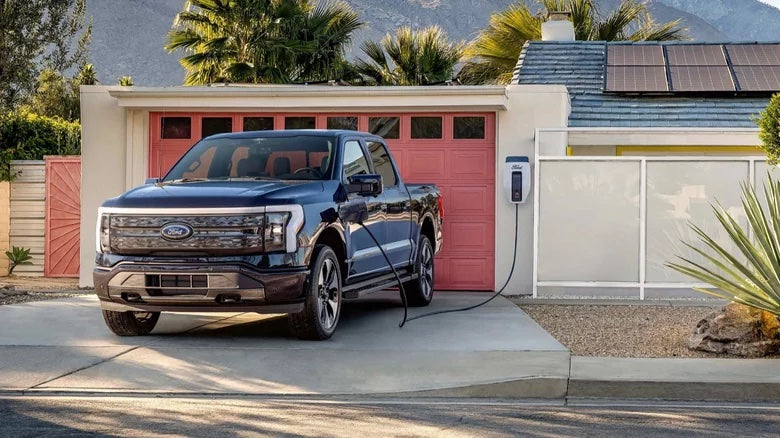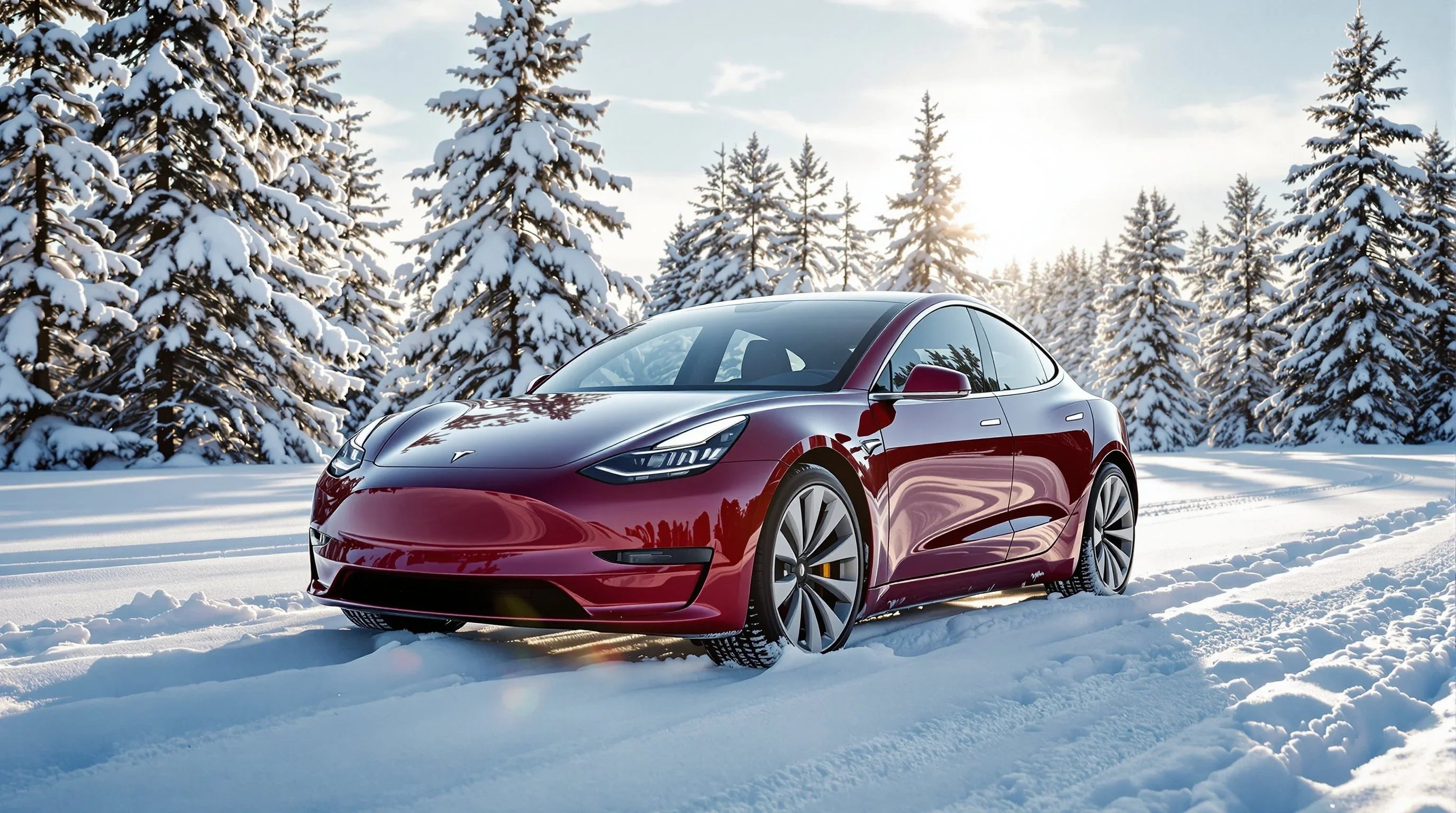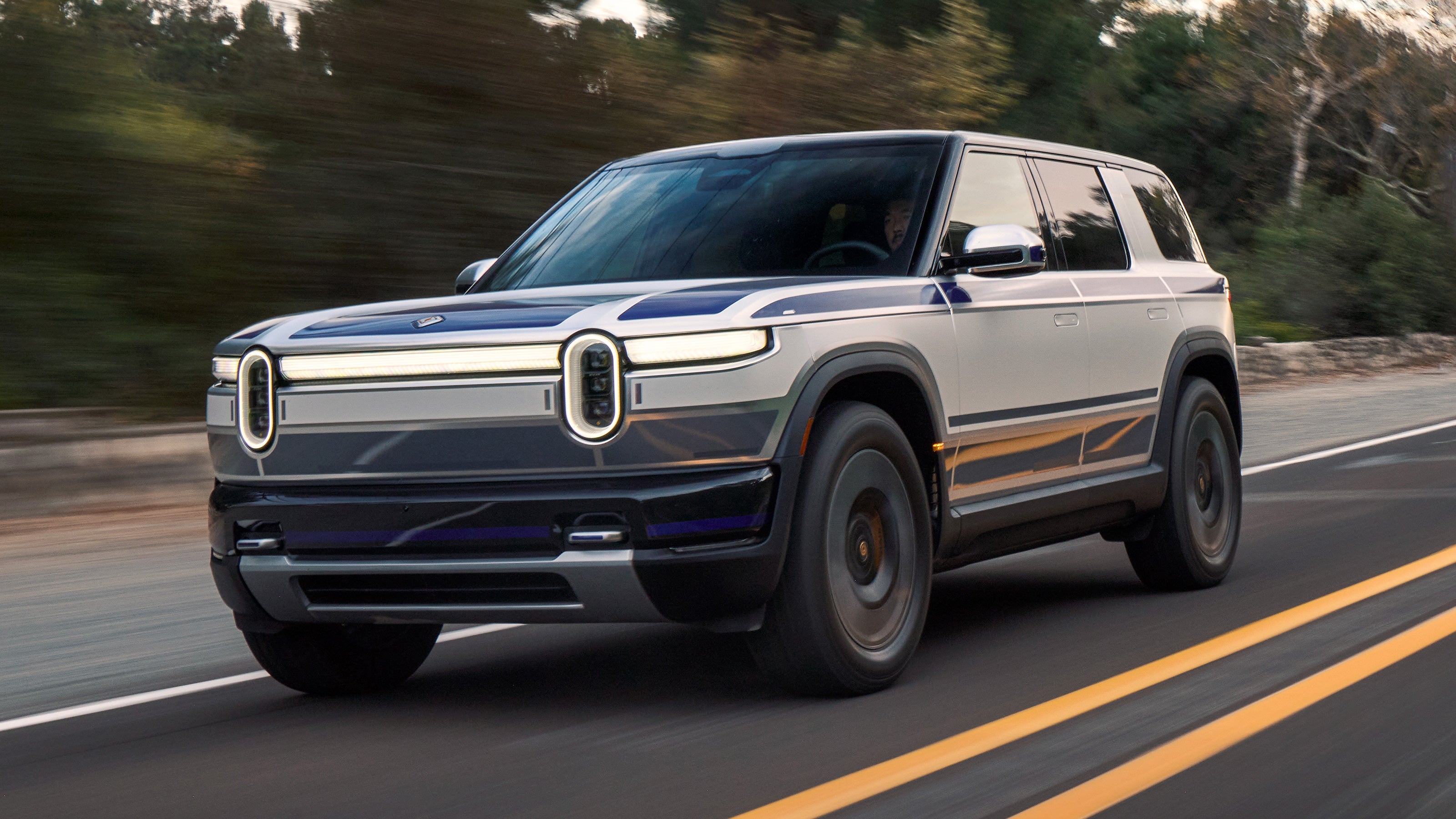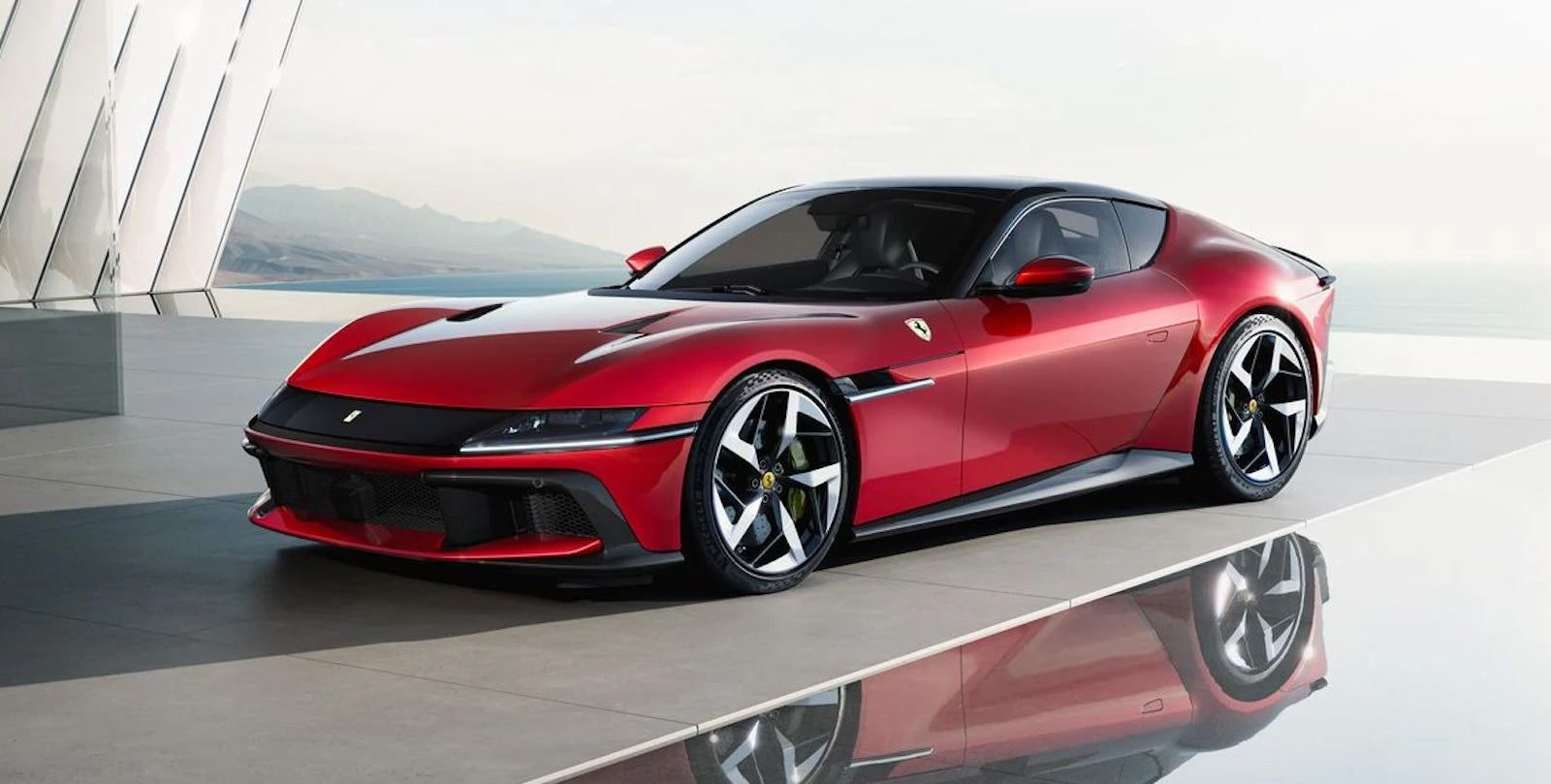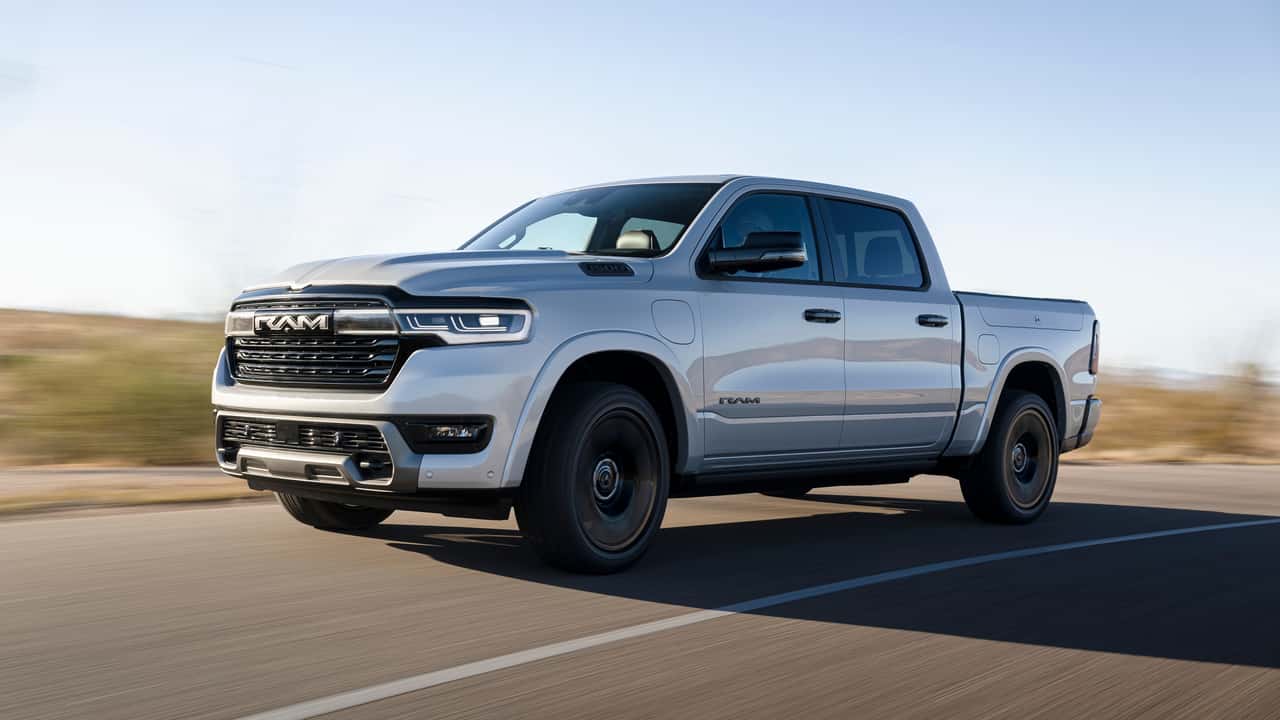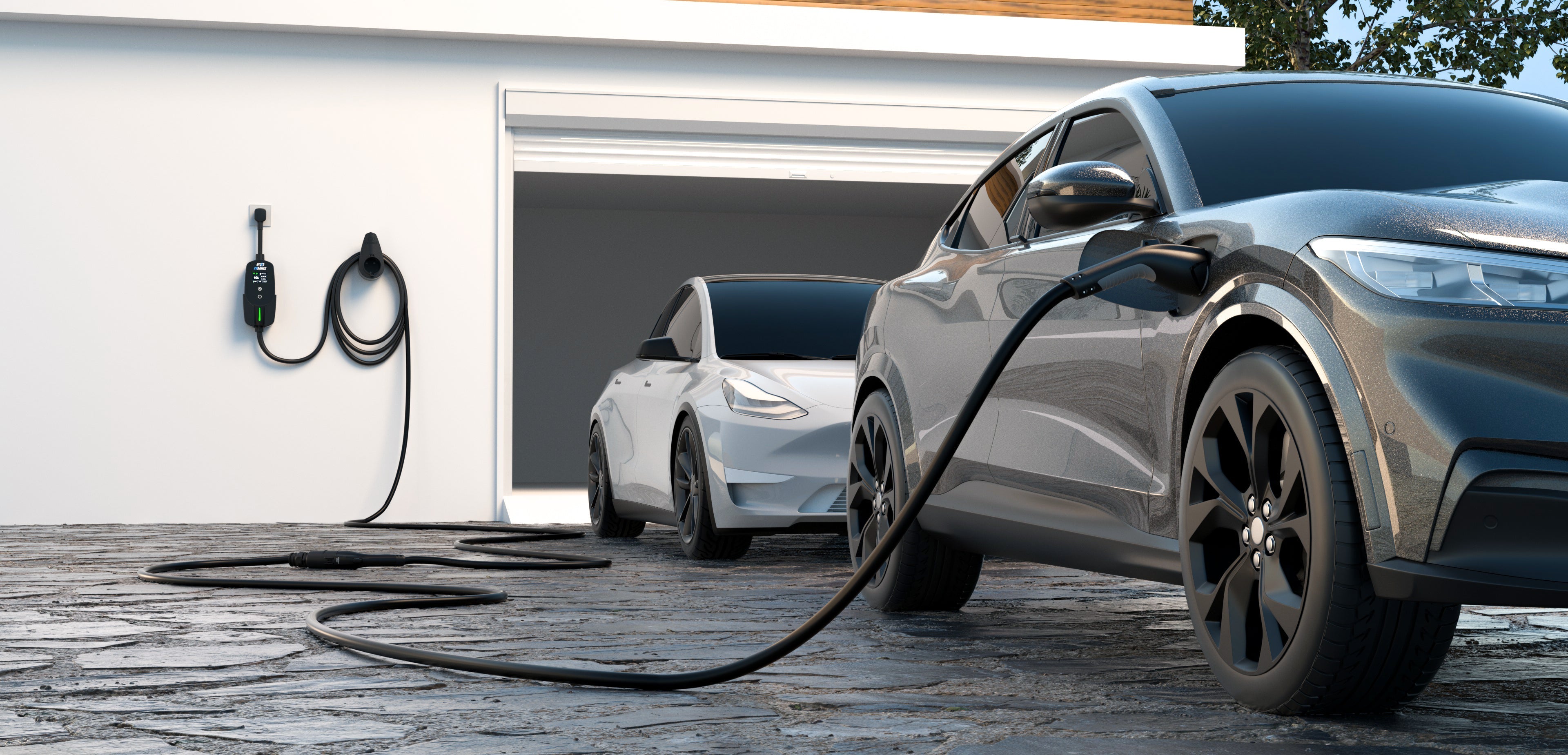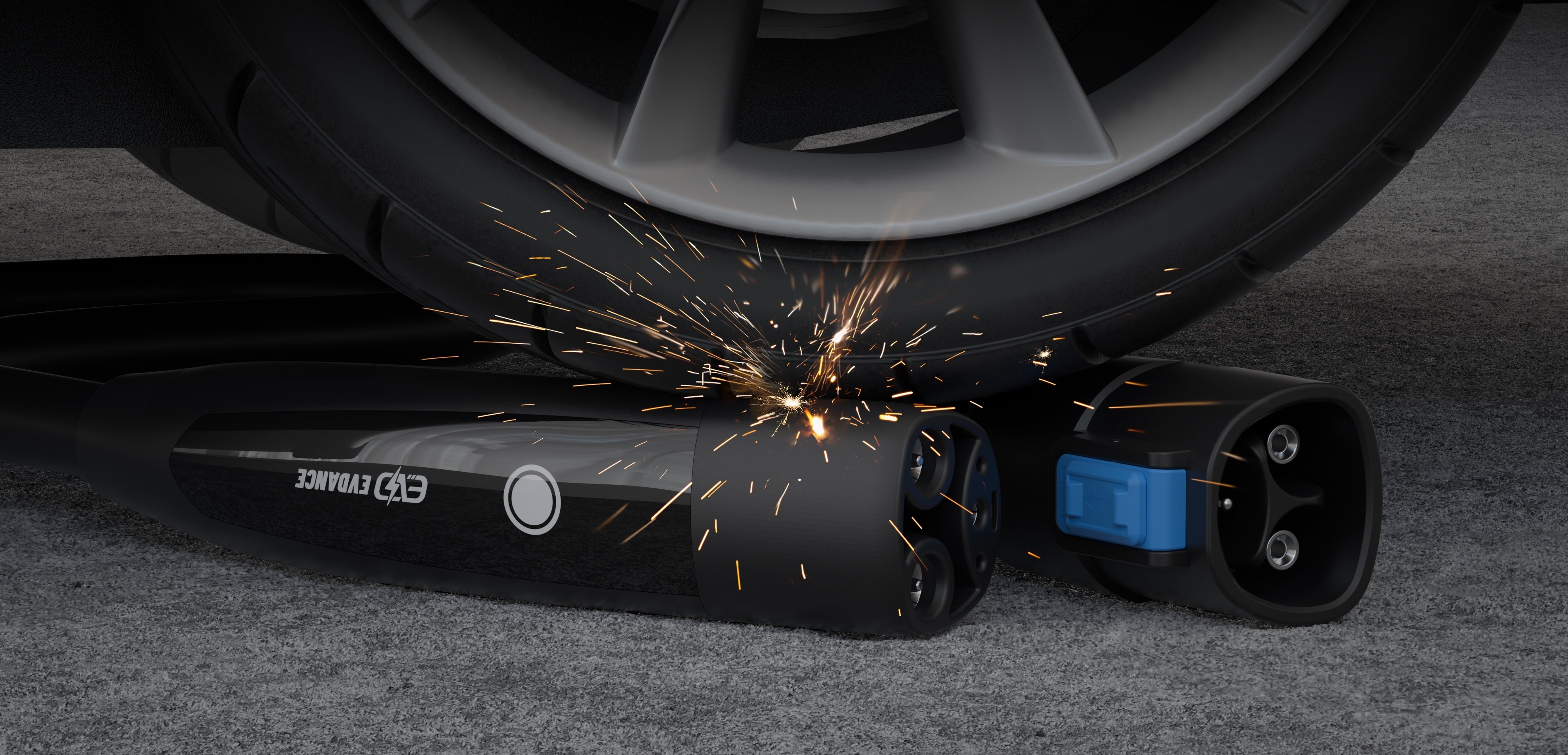Subaru’s 2026 Uncharted delivers up to 308 miles of range, 338 hp AWD and 8.2 inches of clearance. While hardware is competitive, limited route planning and basic software hold it back.
Blog
- All
- Autonomous Vehicles
- Basic Introduction
- Battery Tech
- Buying Guide
- BYD
- Cadillac
- Charging
- China
- Elon Musk
- Ferrari
- Ford
- HOA
- Hyundai
- ICCU
- Industry Outlook
- Kia
- Mazda
- Model Comparisons
- Monthly EV Lease Deals
- Monthly EV Recommendation
- NEMA Plug
- Policies & Incentives
- Range
- Renault
- Repair & Maintenance
- RIVIAN
- Road Trip
- Sales
- Solar
- Subaru
- Tesla
- User Guide
- Volkswagen
- Volvo
- Xiaomi
Which EV Charging Networks Do Drivers Trust Most?
Escalent’s survey of 209 EV owners finds all major U.S. charging networks scored higher in real-world reliability than drivers expected, with Tesla leading and overall satisfaction strong.
Best EV Lease Deals and Financing Offers in February 2026
February 2026 brings a wide range of EV lease and finance incentives despite the end of the federal tax credit. Automakers are offsetting costs with bonus cash, loyalty offers, and 0% APR programs across multiple segments.
Rivian R2 First Drive Review: Size, Speed and Strategy
A first drive of the Rivian R2 prototype reveals a lighter platform, 656 horsepower, over 300 miles of projected range and real off-road ability, positioning the midsize SUV as a lower-cost expansion of the brand.
Ferrari’s First Electric Supercar Reveals a Radical Interior Direction
Ferrari has revealed the interior of its first electric supercar, presenting a stripped-back cabin shaped by Apple-era design ideas, with retro-style digital gauges, physical controls, and extreme EV performance goals.
Extended-Range Electric Vehicles Headed to the U.S. Market
Automakers are reviving extended-range EVs to balance electrification with real-world driving needs. New EREV pickups and SUVs promise long total range, EV-style driving, and flexibility as charging and incentives remain uneven.
Ev Extension Cable Buying Guide: Length, Standards, And Key Considerations
This guide explains how to choose a high-quality EV extension cable, covering length, charging standards, amperage, safety ratings, and real-world use tips to help first-time buyers avoid common mistakes and charge safely with confidence.
How to Safely Use Your EV Extension Cable?
This guide explains how to safely use EV extension cables, covering correct setup, current limits, environmental risks, warning signs, and situations where extension cables should be avoided.




